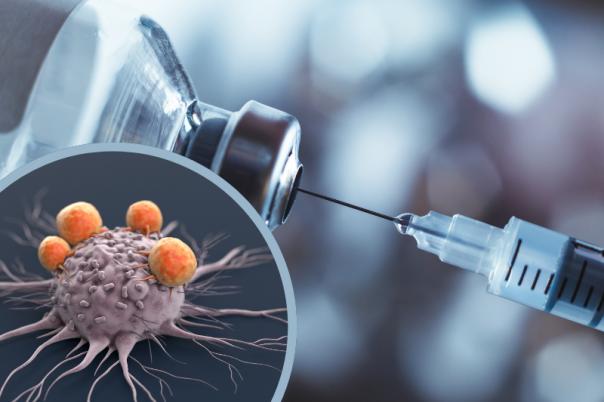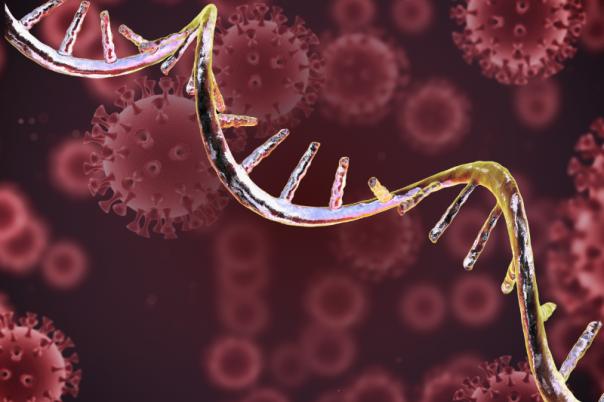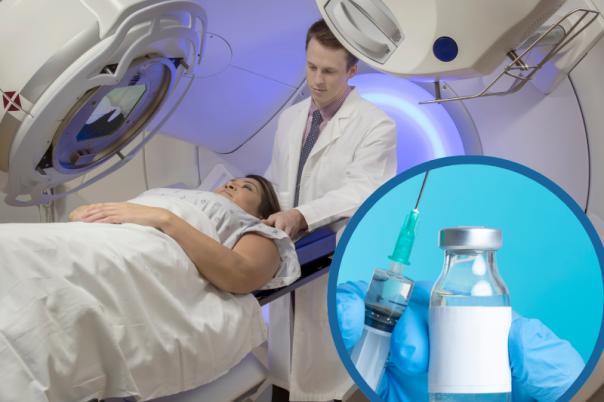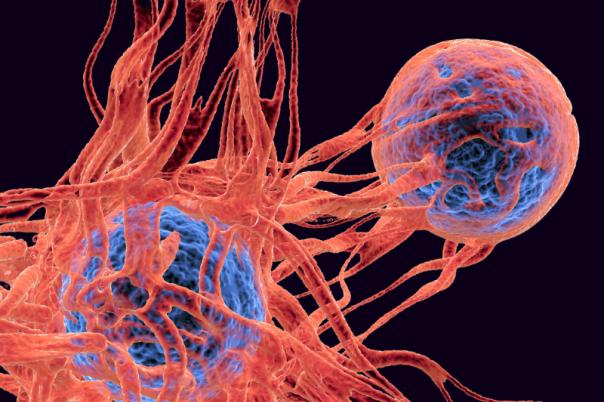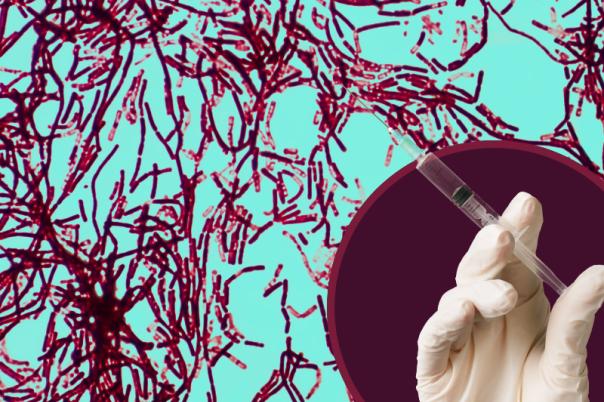mRNA vaccines modified by researchers from the University of Pennsylvania to include interleukin-12 (IL-12) cytokines have demonstrated improved T cell responses in mice, according to a new paper.
Antibody responses against a pathogen are the first round of defence generated by a vaccine, but some virus variants that have mutated to evade this response can be a problem for efficacy. For instance, we saw COVID-19 vaccines lose efficacy due to the emergence of variants like delta and omicron over the pandemic.
Therefore, it can help to have another line of immunological defence in a vaccine’s arsenal. Mounting a T cell response could be the answer. Unlike the antibodies produced as a result of a vaccine, T cells are more heterogeneous from person to person making them better at seeing through the evasive mutations.
A collaboration from UPenn’s School of Veterinary Medicine, Perelman School of Medicine, and Children’s Hospital of Philadelphia sought to boost the response from T cells by adding the cytokine IL-12 to vaccines.
The study gave multiple vaccines to mice for SARS-CoV-2, influenza, listeria, and melanoma. The findings, which were published in Science Immunology, indicated an enhanced CD8+ T cell response to the infections.
The study was funded by the Abramson Cancer Center’s Basser Cancer Interception Institute. Director of the institute, Susan M. Domchek, said: “Cytokine mRNA is clearly a promising and clever approach to enhance immune stimulation against cancer and pre-cancer lesions.”
“We are hopeful this technology can move as fast as possible into the clinic for patients and individuals at risk of cancer.”

